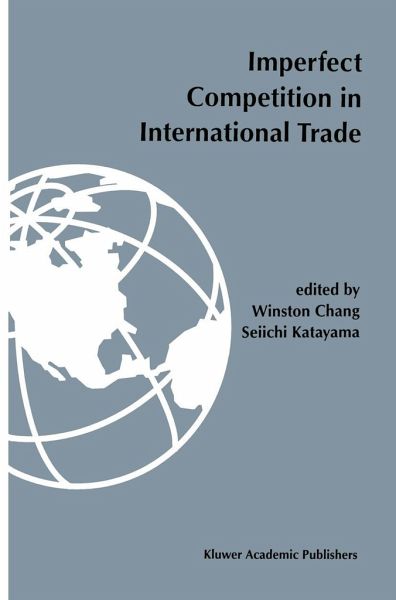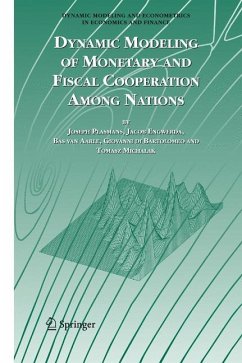Nicht lieferbar

Imperfect Competition in International Trade
Versandkostenfrei!
Nicht lieferbar
A theoretical analysis of international trade and industrial policy, developing and using new models of trade with imperfect competition. Modeling of imperfect competition within international trade has been difficult until recent breakthroughs in this area, which have provided a more realistic view of the world economy. The book builds on the advances provided by such tools as game theory and the theory of monopolistic competition. The first section covers broad and basic trade issues which arise under imperfect competition. Section two examines implications for trade policy covering issues s...
A theoretical analysis of international trade and industrial policy, developing and using new models of trade with imperfect competition. Modeling of imperfect competition within international trade has been difficult until recent breakthroughs in this area, which have provided a more realistic view of the world economy. The book builds on the advances provided by such tools as game theory and the theory of monopolistic competition. The first section covers broad and basic trade issues which arise under imperfect competition. Section two examines implications for trade policy covering issues such as strategic trade policy in static and dynamic settings. Section three deals with various structural issues, such as optimal choice of trade liberalizing policies, the formation of trade blocks, and open dualistic economy with externalities.














